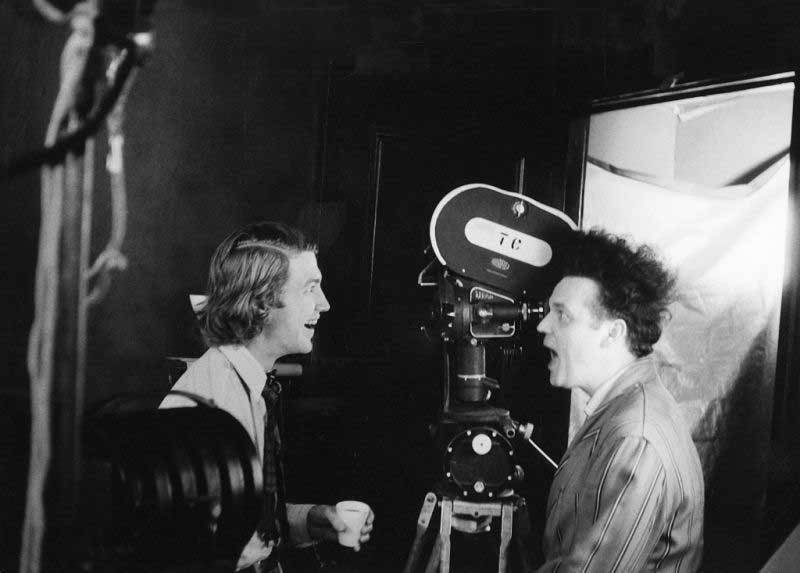In the pilot episode of Twin Peaks, David Lynch masterfully captures the mundane routines of high school life: a student sneaking a cigarette, another being summoned to the principal's office, and the roll call in a classroom. However, the scene takes a dramatic turn when a police officer enters and whispers to the teacher, followed by a scream and a student running across the courtyard. The camera focuses on an empty seat, and two students exchange a knowing glance, realizing the unthinkable: their friend Laura Palmer is dead. This moment encapsulates the essence of Lynch's work, where the ordinary masks the unsettling undercurrents that he was so adept at revealing.
David Lynch's ability to delve beneath the surface of everyday life is a recurring theme in his oeuvre. His work is characterized by an unsettling, dream-like quality that has earned the term "Lynchian." This term, like "Kafkaesque," transcends the specifics of his films to describe a broader, disorienting experience. Lynch's passing is a poignant reminder of the loss of a unique voice whose work resonated differently with each fan, making it difficult to pinpoint a single definitive scene or work.
Lynch's influence is evident in his films like Eraserhead, a rite of passage for many budding film enthusiasts. The timeless appeal of his work is highlighted by the fact that even decades later, new generations, like Scott's teenage son and his girlfriend, are drawn to Twin Peaks, exploring its narrative depths independently.
Lynch's approach to storytelling is epitomized in Twin Peaks: The Return, where he subverted expectations by crafting a world that defied conventional nostalgia-driven narratives. Instead of relying on familiar characters, Lynch created a surreal universe, complete with anachronistic elements like a 1950s-style bedroom and bizarre plot twists involving clones and alternate dimensions.
Even when Lynch ventured into more mainstream territory with Dune, his signature style remained unmistakable. Despite the challenges he faced during its production, as detailed in Max Evry's book A Masterpiece in Disarray, the film retained Lynch's unique imagery, such as the infamous cat/rat milking machine.
Lynch's The Elephant Man showcases his ability to blend beauty with the unsettling, set against the backdrop of a historical period where societal norms were starkly different. His films often explore the dichotomy between surface appearances and the hidden realities beneath, a theme that resonates strongly in Blue Velvet. This film peels back the veneer of mid-century Americana to reveal a darker, surreal underworld, a testament to Lynch's ungrounded, surreal approach to storytelling.
The influence of David Lynch extends beyond his own work, inspiring a new generation of filmmakers. From Jane Schoenbrun's I Saw The TV Glow, which draws directly from Twin Peaks, to the works of Yorgos Lanthimos, Robert Eggers, Ari Aster, and others, the "Lynchian" influence is palpable. Even Denis Villeneuve's early films show traces of Lynch's otherworldly touch.
David Lynch's legacy is not just in his films but in the way he has shaped the cinematic landscape. His work continues to inspire filmmakers to look beyond the surface, seeking out the "Lynchian" elements that lurk beneath. As we mourn his passing, we celebrate the enduring impact of an artist who redefined what it means to be "Lynchian."
 David Lynch and Jack Nance on the set of Eraserhead.
David Lynch and Jack Nance on the set of Eraserhead.































